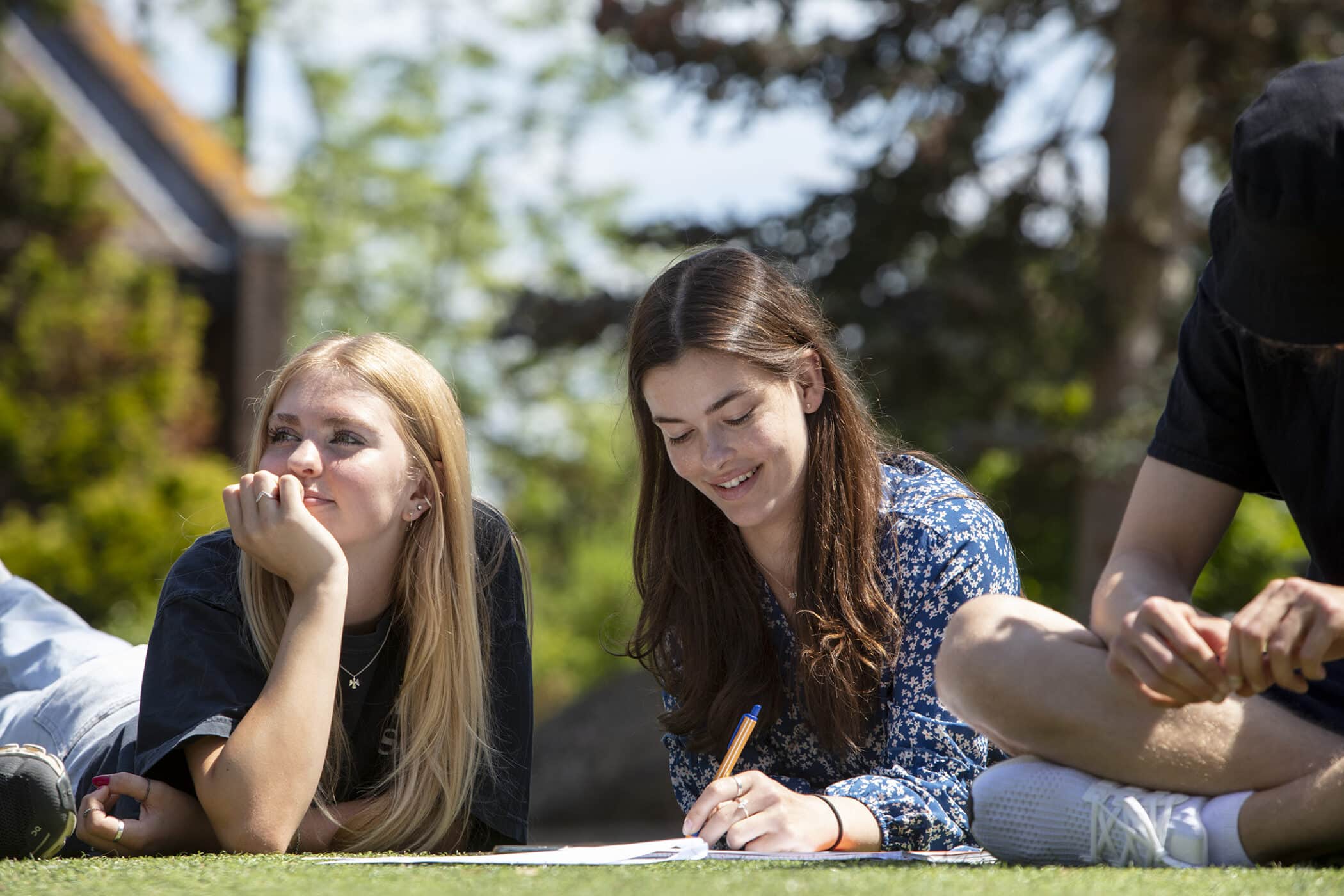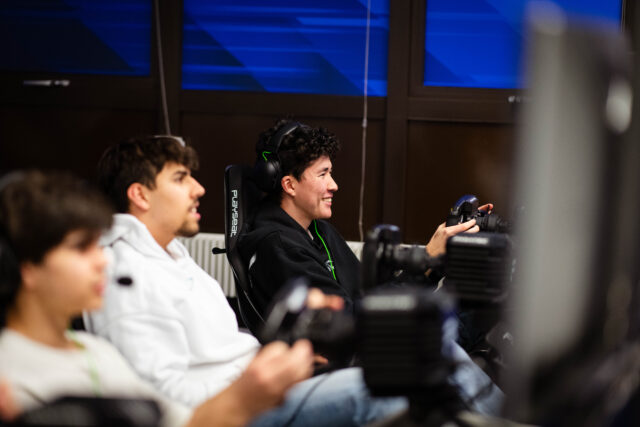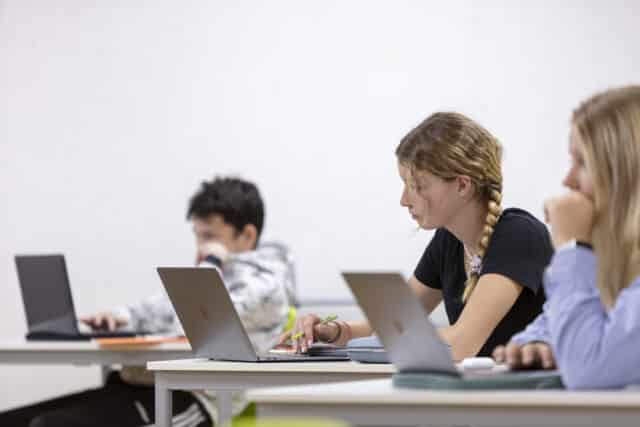29/09/2021
It’s time to change the narrative: there’s no such thing as the COVID-19 generation
Over the past weeks and months, the headlines have been full of notions of the ‘COVID-19 learning gap’, scrutinising the current generation of school children who are now ‘behind’ on their education due to the pandemic. But while the adults scramble and panic about the ‘COVID Generation’ and the uncertainty of their ability to secure future careers, how is this making our young people feel?
Now that some form of normality is resuming and schools are largely back in action, it’s time for us all to take a step back, take a deep breath and try to gain a little perspective on the impact of the past year. While, yes, learning time has been reduced for many students and exams have been cancelled, we need to change the narrative and think less about what’s been lost and what catch up is needed, and more about what has been gained. As adults, we need to take the lead to think more positively about this crisis – for the benefit of our children and their confidence, their wellbeing, and their development going forward. If we only focus on the pain and the anxiety felt, and the time spent unable to learn, this is what young people will remember and how they will frame themselves moving forward, which, firstly, is not conducive to good development, and secondly, is just plain untrue!
Over the past year, all children – regardless of social status, gender, ethnicity – have had the opportunity to gain a number of real-world, real-life skills that will be completely unique to them in their lives – in the most positive way. The resilience in young people I have witnessed is phenomenal. Children have had to keep going with their learning and I think they have coped tremendously well. They have had to deal with being isolated and without their peers. They have had to manage their own anxieties around the pandemic, while also seeing the anxiety of their parents or their family rising.
We need to see children and what they have achieved as remarkable.
The flexibility and creativity of students is amazing; they have tried new things and have had to continuously think outside the box to keep themselves entertained and to continue learning. As well as mastering the difficult art of learning online and independently, we’ve heard about students learning to cook, to juggle, and even helping their parents with the cleaning! Some students have taken on coding while others have perfected their music through more practice. Some have even built sheds or started DIY projects. Some have devoured books. They have also learnt that when faced with a problem, there is always a way round it. School campuses closing for most pupils was a huge shock for everyone, but as a result young people have experienced problem-solving in real life, and these are skills they would not have developed if it were a normal year. When you’re a teenager, it often feels like every problem is the end of the world, but these students have learnt early on that everything is ‘figureoutable’ and that we can always find a solution. And that every gap – even a COVID gap – is bridgeable. When we talk about the lost curriculum, nothing is unretrievable and teachers will continue to work hard to make sure that students continue to have strong academic knowledge and skills for the future. We just need to trust that children will learn from the experience and that they will take what they have learnt forward.
When we think about the more applied practical skills children have developed over the past year, I have seen many children advance years – even decades – with their communication skills.
Students have had to communicate differently and think a little more strategically about how they are going to communicate what they need to. If a child is, understandably, shy in front of a camera, but needed to ask their teacher a question, they had to figure out alternative ways to reach out for help. For an 11 or 12-year-old, writing an email is potentially something they have never done before, but they had to do it in order to put that important question forward to an adult.
As we move forward, let’s not make our children think that they haven’t learned and therefore they have failed. That is the thing with mindset, if children think that what they have done is not good enough, this is how they will act. Social and emotional development needs to very much be a priority for the coming months. Children have gone through something very difficult and have had to deal with very adult feelings and emotions. And while most are, indeed, very resilient, we need to ensure that all children can continue to develop emotionally and that they can talk about how they feel and not feel ashamed of it.
There is a lot of research around social and emotional learning explaining that, for a child to be ready to learn, they need to be in the right frame of mind. They need to have the right attitude and a positive mindset towards learning, otherwise it becomes a superficial experience and it can even become a chore. We need to ensure that students have that balance and can think positively, because the more emotionally balanced they are, the greater the benefit will be in the long term, beyond this relatively short disruptive period.
Sometimes we just need to remind our children – and ourselves – that there is always a positive side. In a world filled with negativity, we all need to say goodbye to the COVID-gap narrative and instead start the conversation about the amazing things this generation has achieved already this year and what they will accomplish in the future.
Sophie Mazaz, Middle School Principal, ACS Egham.





